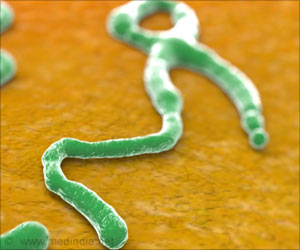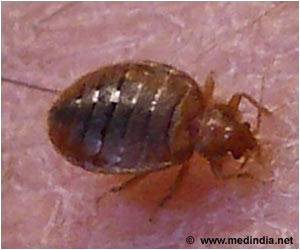The widespread distribution of insecticide-treated nets and access to artemisinin-based combination therapies significantly have reduced malaria cases and deaths in Africa.
The widespread distribution of insecticide-treated nets (ITNs) and increased access to artemisinin-based combination therapies (ACTs) significantly have reduced malaria cases and deaths in several countries in Africa, according to a report released on Thursday by the World Health Organization, the New York Times reports.
Although earlier reports have shown the efficacy of ITNs and ACTs, most have been based on "relatively small samples," according to the Times. The new study -- which was compiled by a team from WHO and the Global Fund To Fight AIDS, Tuberculosis and Malaria -- is the first to compare national programs, the Times reports.The report examined malaria control programs in Ethiopia, Ghana, Rwanda and Zambia. Each program aimed to distribute ITNs to families with children younger than age five, as well as to supply all public clinics with ACTs. Because each country's "success in implementing the measures varied," the decreases in malaria cases and deaths "differed accordingly," according to the Washington Post. The report found that malaria deaths among children decreased by more than 50% in Ethiopia. Hospitalized malaria cases among children also decreased by 60% in the country.
Malaria deaths in Rwanda were reduced by 66%, and the number of children hospitalized for malaria in the country decreased by 64%, according to the report.
The number of malaria cases in Ghana decreased by 13%, and deaths from the disease decreased by 34%. The program in Ghana could afford to give ITNs only to households with children younger than age two.
Although Zambia's ITN distribution campaign was not completed until late last year and health clinics often ran out of ACTs, the report found that malaria cases in the country decreased by 29% and that malaria deaths declined by 33%. Indoor insecticide spraying with the pesticide DDT and other chemicals was used at different times during the course of the study in Rwanda and Ethiopia, but the spraying did not appear to play a significant role in the "steep, sudden declines," the Post reports.
The data came from records collected at hospitals and outpatient clinics. The study sites were dispersed widely throughout the countries but not chosen at random, according to the Post. For example, the researchers sampled two districts in each province of Rwanda and examined a total of nine hospitals and 10 clinics.
Source-Kaiser Family Foundation
SRM/L










